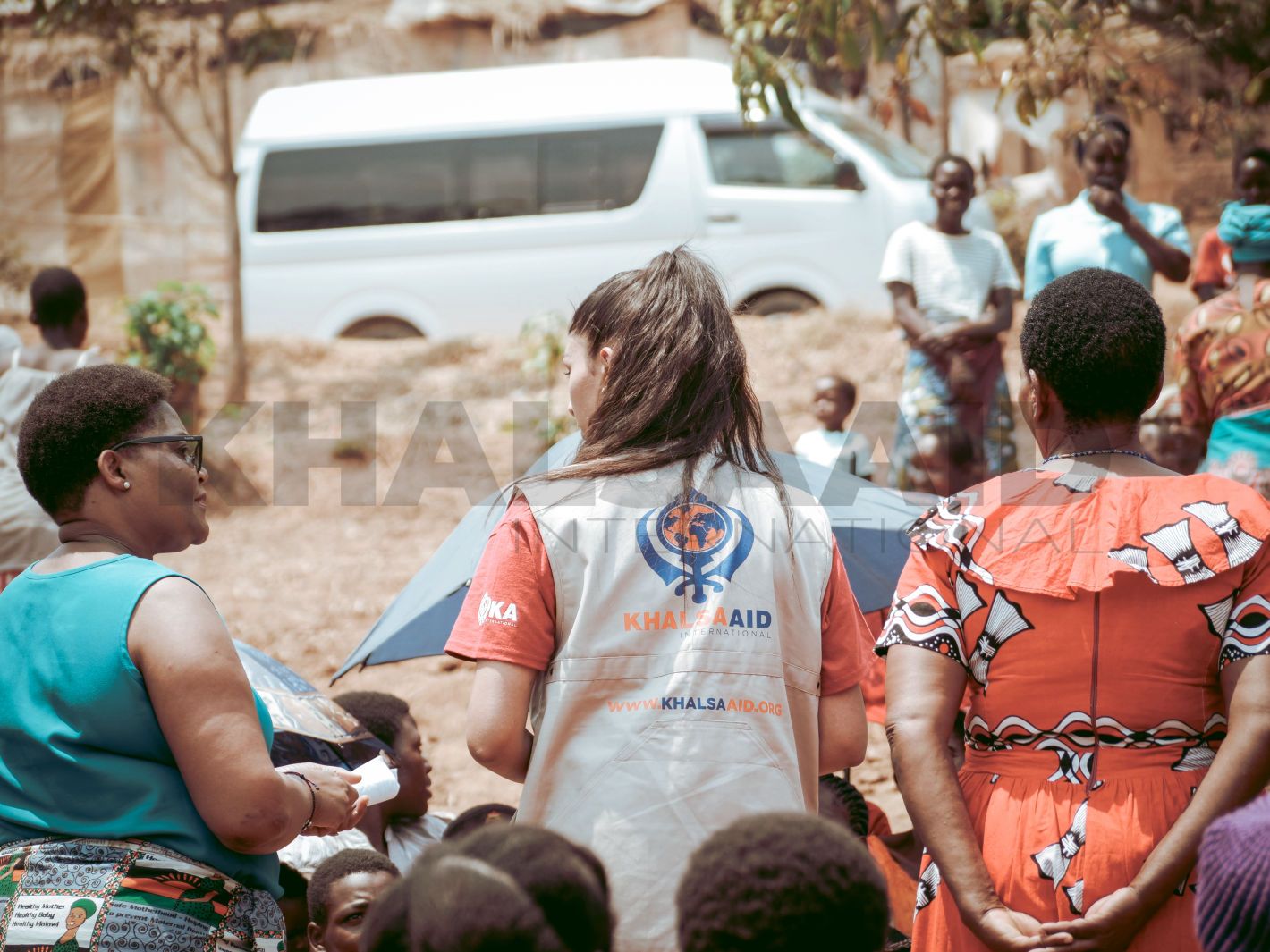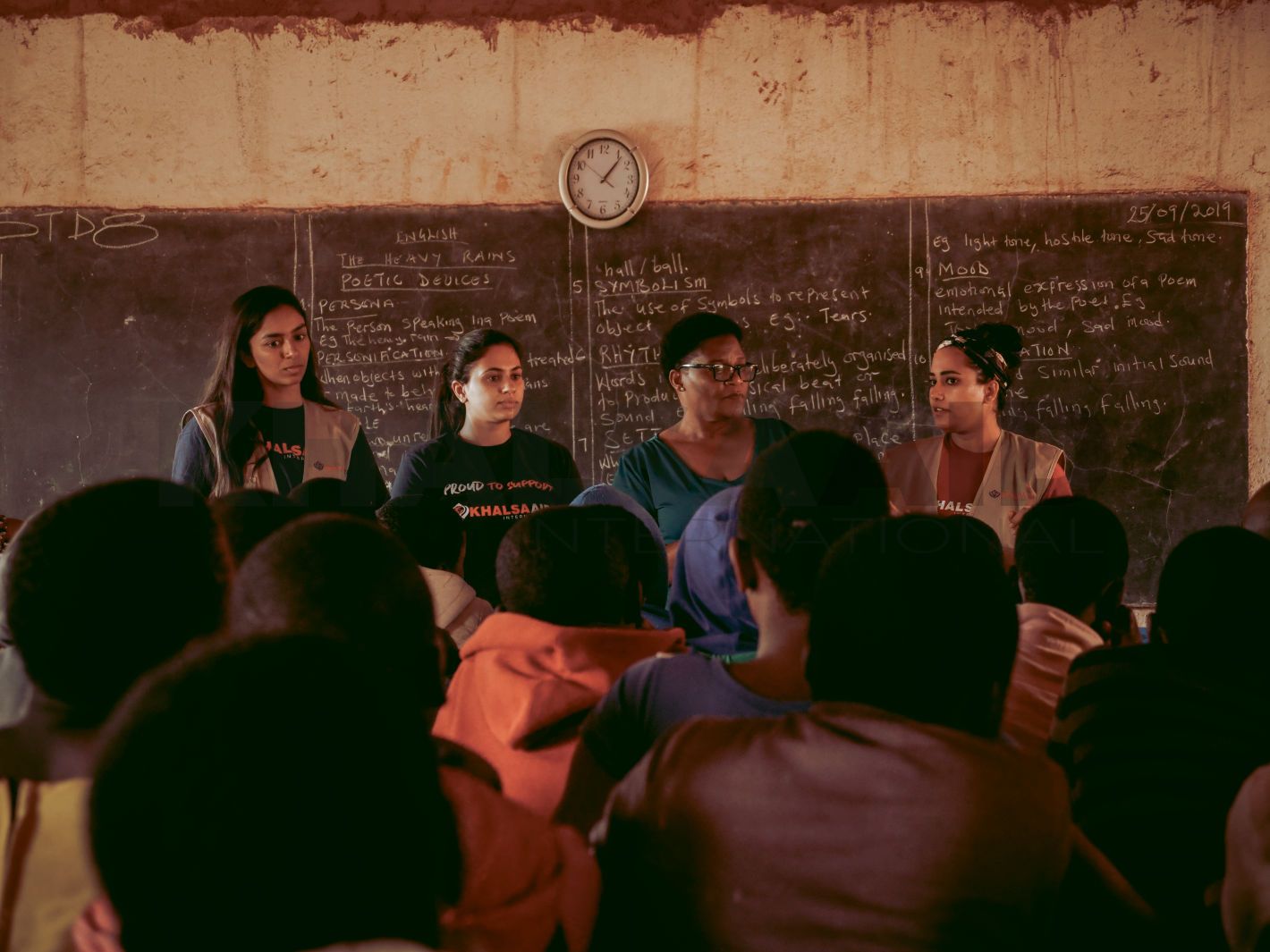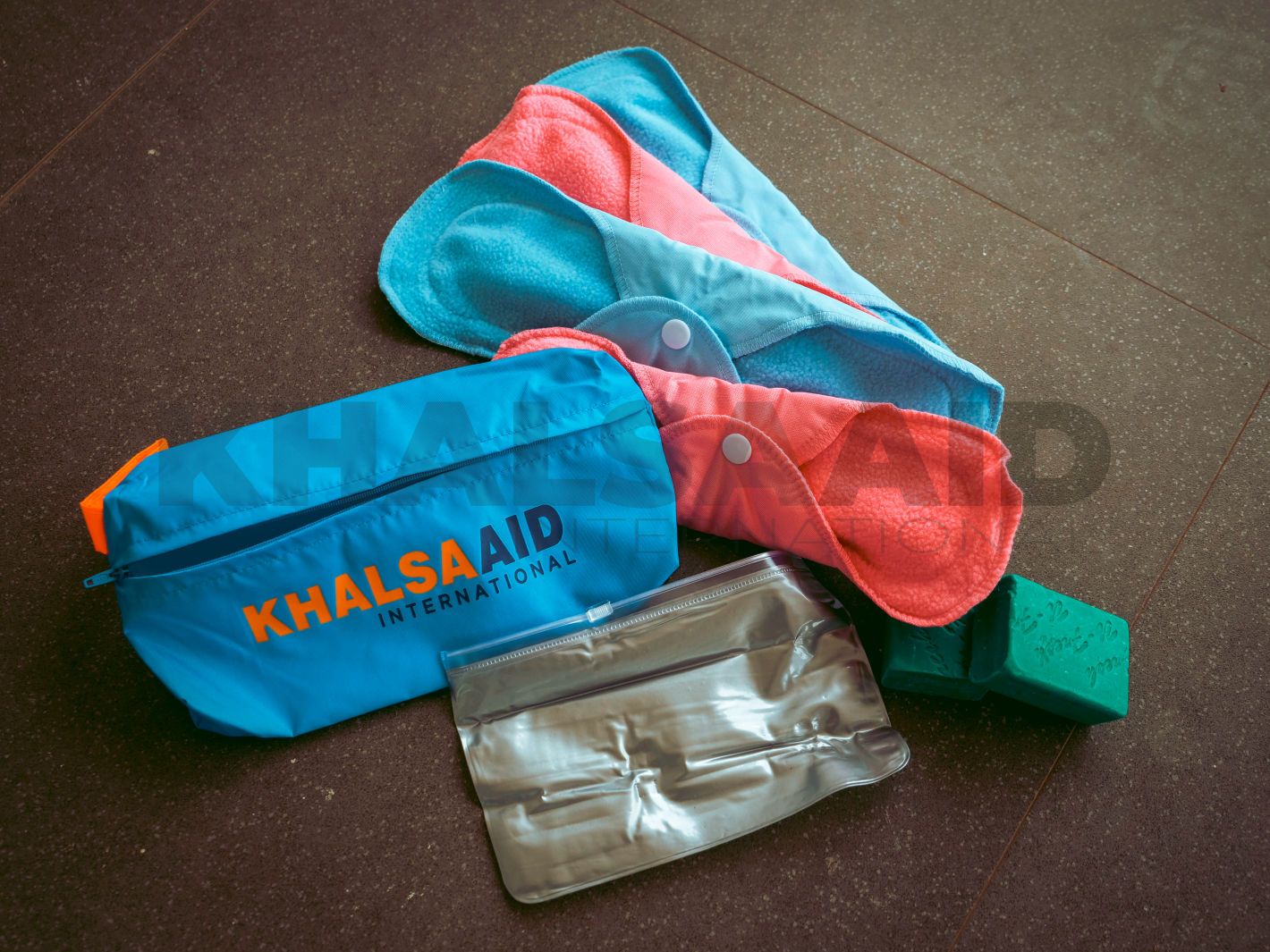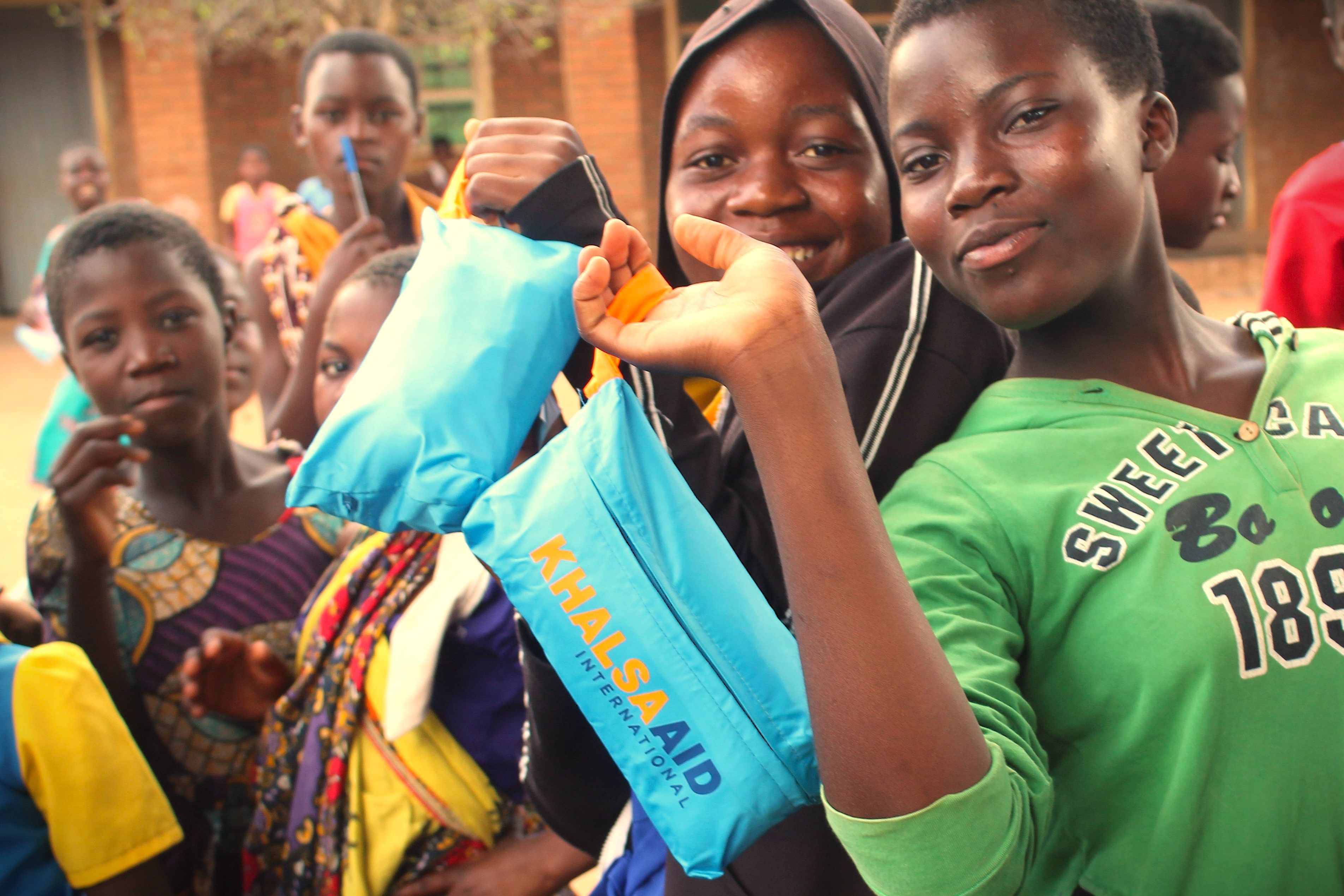Pad The Path
Project summary
To combat the clear deficiency in menstrual health education, Khalsa Aid launched a sustainable development project called Pad the Path in 2019, implementing it across various schools and villages in both Malawi and The Gambia. The initiative aims to provide much-needed education on puberty and reproductive health at a grassroots level in classrooms across Sub-Saharan Africa.


What the problem was
More than 800 million individuals menstruate daily, with a significant number residing in sub-Saharan Africa. 500 million of these individuals lack access to menstrual products and proper facilities to manage their periods with dignity. This situation, known as period poverty, is a pressing global public health concern. The lack of education and resources, combined with stigma is endangering women's lives.
Areas of impact
Materials
Without adequate education, demand for sanitary products is low, leaving many disadvantaged women to resort to using dirty rags and leaves and risking fatal infection. In 2016 alone, 335 million girls went to school without the means to properly clean themselves. In its lifetime, the Pad the Path project has distributed over 800 hygiene kits, each with 4 reusable pads (18-month lifespan), 2 cotton underwear, soap, and an accessible menstrual health leaflet.

Materials
Without adequate education, demand for sanitary products is low, leaving many disadvantaged women to resort to using dirty rags and leaves and risking fatal infection. In 2016 alone, 335 million girls went to school without the means to properly clean themselves. In its lifetime, the Pad the Path project has distributed over 800 hygiene kits, each with 4 reusable pads (18-month lifespan), 2 cotton underwear, soap, and an accessible menstrual health leaflet.
Impact so far
These figures are updated with every deployment.
Please note that they are often an underestimation.
Young Women Benefitted
Sustainable Kits Distributed
"“We can have the most sophisticated weapons and design spacecraft to go into deep space and yet millions of women around the world don’t have access to sanitary pads. We want to change that and Pad the Path is the first of many initiatives Khalsa Aid will be taking to help end period poverty.”

UN Sustainable Development Goals
This project supports the achievement of the following UN Sustainable Development Goals:




